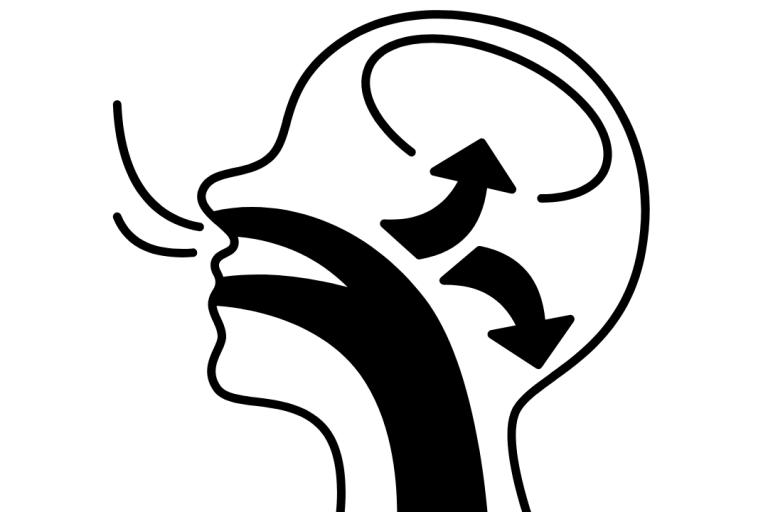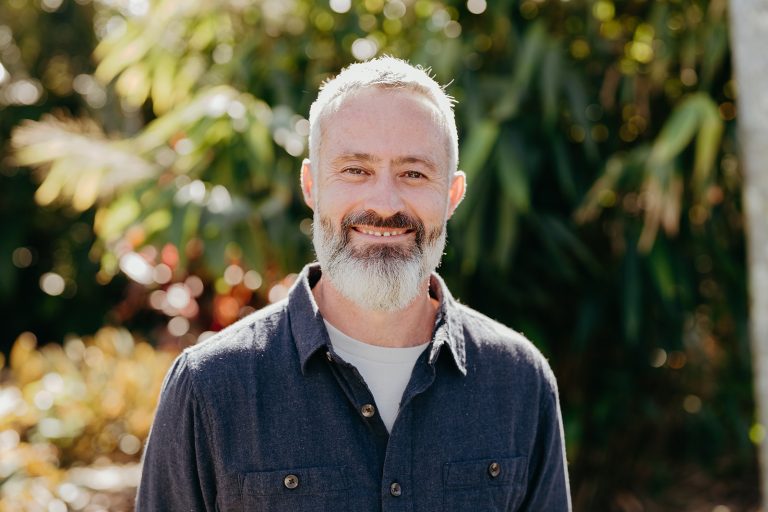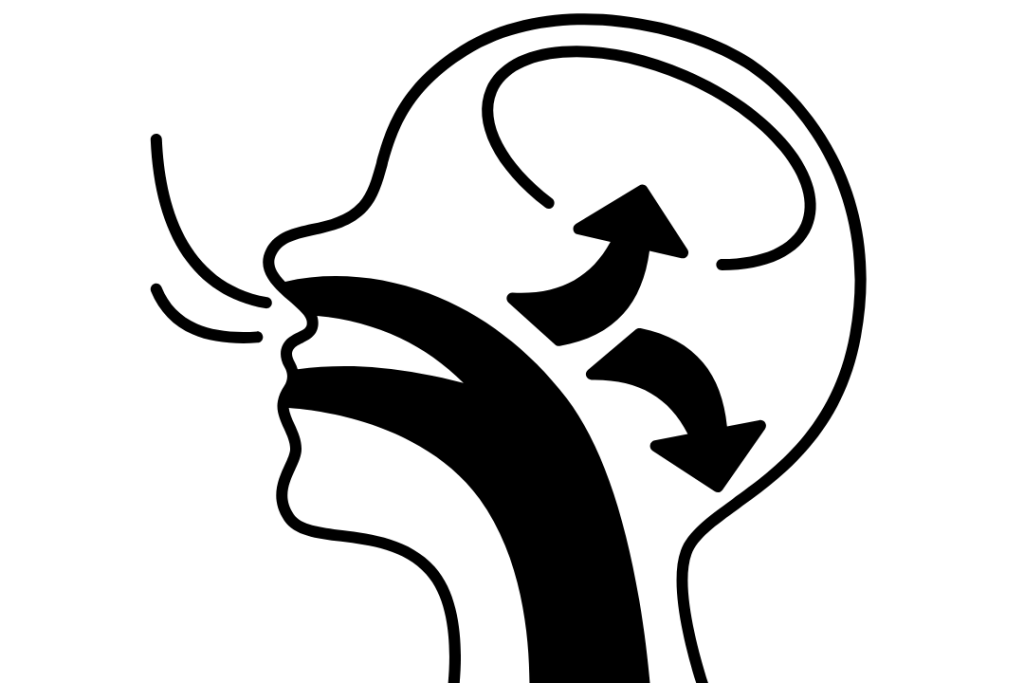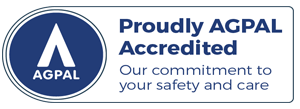
EXCLUSIVE NASAL BREATHING AND WHY YOUR IMMUNE SYSTEM DEPENDS UPON IT
with Dr Dan Hanson
The nose plays an essential role in assisting your immune system. Exclusive nasal breathing (ENB) is required for health at all times, except during speaking and in some forms of extreme exercise.
TEN ROLES OF THE NOSE – INCLUDING IMMUNE FUNCTION
The nose is not just the part of your body which protrudes from the middle of your face and gets larger as you age…much to the dismay of ageing humans! The ability to breathe and smell are 2 of its well-known major functions. However, what is often forgotten about is its role in immunity. Below are 10 functions of the nose. All 10 points in some way relate to health or immune function.
- Breathing: Everybody knows the nose is for breathing but many people also think the mouth is for breathing. Look at Nature! You will find that animals in the wild are obligatory nose breathers. Humans are no different unless our diet, lifestyle and environment leads to inflammation or congestion, in which case we have the mouth as a convenient back up, so we don’t suffocate.
- Smell: A.k.a. ‘Olfaction’ is an essential sense. It helps determine what to eat, influences taste and affects socialisation. It also provides an early warning system for hazards such as gas leaks, or fires. Your immune system benefits from the nose’s ability to tell you not to eat something, or get away from a threat. It also helps with identification, memory and emotion.
- Warming and humidifying the air: An intricate network of blood vessels takes care of heating and humidifying. This process is critical for optimally conditioning the gas to avoid potential damage to the structure and function of the respiratory epithelium.
- Filtering the air: Tiny hairs called cilia trap dust and other particles before they can cause damage or unwanted immune and inflammatory responses further into the airway.
- Mixing the air: The gas nitric oxide is produced in the paranasal sinuses (next to the nose) and is excreted into the nasal airways of humans. It is anti-viral, bacterocidal, prevents oxidative damage to DNA, and is also vasodilatory which reduces blood pressure. If you don’t nose breathe you won’t access so much NO.
- Slowing the air flow so reducing snoring and airway collapsibility: Bernoulli’s principle states that as air moves faster it loses pressure. If you breathe slowly and gently your airways will be less collapsible and there will be less turbulence. Think about sucking liquid through a cheap paper straw. Suck hard and it collapses but suck gently and the liquid keeps passing through a nice patent straw.
- Controlling Minute Volume: This is where things can get a little complicated. But here it is in a nutshell. Since the nose resists the flow of air more than the mouth, it helps to ensure that you do not breathe too much air. “Surely I cannot breathe too much air!” I hear you exclaim. Well, you can. Have you ever blown up a balloon too quickly? Do you remember feeling dizzy? If so, that’s because when we breathe more air than we need for our metabolic requirements we end up giving out too much carbon dioxide. This results in our haemoglobin (the part of our blood which transfers oxygen from the lungs to the cells where it’s needed) holding onto oxygen too tightly and so we end up with a partial cellular hypoxia. The dizziness is your brain telling you it’s not being oxygenated (along with the rest of your body). Or more simply, if you breathe too much you will have plenty of oxygen in your blood but not in your cells where it’s needed. This is known as The Bohr Effect.
- Growing the upper jaw: If you mouth breathe your tongue will sit low in your mouth to let the air pass over it. This means it is not resting or functioning where it needs to be for jaw growth which is in the hard palate. During childhood the tongue acts like a sculptor for the face and jaws which are quite soft and pliable. When it presses in the palate it drives the growth of the upper jaw making space for the teeth. Nose breathing is linked with correct palatal tongue posture. If your jaws develop as they should you will not only have a great smile but your entire nervous system will function better since incorrect jaw relationships can predispose to poor sleep quality, TMJ pain, and obstructive sleep apnoea. Pain and poor sleep are known factors in poor gut function and immune health.
- Direct effects on immune function: When the cilia in your nose trap airborne allergens it doesn’t end there. The allergens are then swallowed and end up in the stomach and gut whereupon an ‘immunoglobulin G’ (IgG) response can occur which means your gut based immune system is able to learn what is in the environment that you are in and respond accordingly. Without this, you would breathe allergens straight into the airways and you would be more likely to have unwanted and hyperactive, or maladaptive immune responses such as adenoid and tonsil enlargement, respiratory infections and irritations.
- The 6th sense: this one is still open to debate but I had to write 10 points not 9, so here goes. A small accessory organ in the nose – the vomeronasal organ (VNO) is related to the olfactory system. It sits at the base of the nasal septum in the roof of the mouth and almost all animals have it. It may play a role in pheromone and other chemical communication. Watch this space!
Here are my top tips for all the above:
- Do all you can to eat so that your nose stays unblocked – for many people dairy or other foods are big contributors to congestion.
- Become aware of where you are breathing from and try to ensure it’s always nasal (in and out) unless you are doing extreme levels of exercise.
- If your mouth is open at night, try sleepYstrip mouth tape. I invented this tape back in 2014 and it’s used successfully all over the world.
- If you find you cannot easily nose breathe consider seeing a Buteyko Institute Breathing Educator. I became a practitioner in 2012 after correcting my own snoring and sleep apnoea using Buteyko.
- Ensure you get medical help if none of the above helps.
Breathe easy, sleep well, and support your immune system now!

Dr Dan Hanson BDS, MBIBH
Dr Dan is a Functional Dentist and Buteyko Breathing Practitioner.
He is the co-founder of Myofocus Australia Pty Ltd, a company which offers myofunctional education to dentists, orthodontists, dental hygienists, osteopaths, chiropractors, speech therapists and other allied health professionals.
To learn more about Dr Dan and his offerings, click here
Dr Dan is currently based at The Health Lodge in Byron Bay where he runs ’The Myofunctional Space’ with Dr Mona Board – to learn more click here
To make an appointment for a consultation for your child please call the clinic (02) 6685 6445



